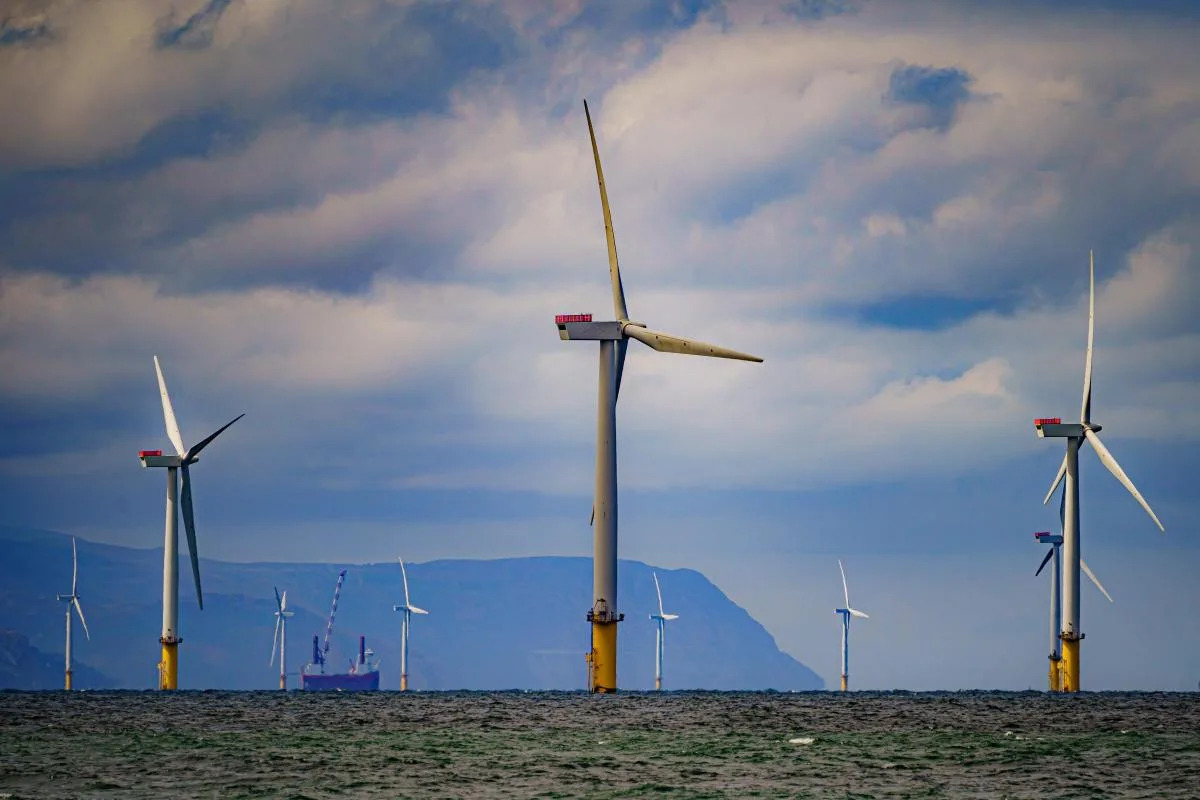Barred from sports, Afghan women seek relief in secretive exercise
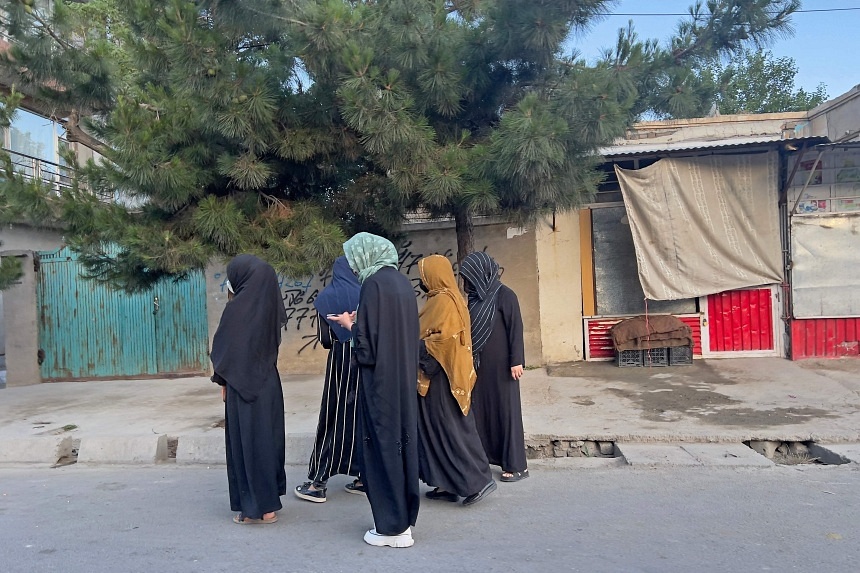
Sep 15, 2024
KABUL - Most mornings after praying, 25-year-old Sanah joins several women from her neighbourhood in the Afghan capital Kabul for a walk along the main road before it fills with traffic, never jogging or getting too near to the many Taliban checkpoints.
They exercise secretively – and not for competition, but for a modicum of health and peace of mind in a country where the Taliban government has stopped women from playing sports.
“We cannot go near the Taliban checkpoint because they say, ‘Why are you outside the house so early? Where are you going? Why do you need to exercise? You don’t have to, so don’t’,” said Ms Sanah, whose name has been changed – along with all the women interviewed by AFP – for fear of reprisal.
The Taliban authorities have implemented an austere interpretation of Islamic law, with women bearing the brunt of restrictions that the UN has labelled “gender apartheid”.
In November 2022, the Ministry for the Propagation of Virtue and the Prevention of Vice announced that women were barred from parks and gyms on the grounds they were not adhering to a dress code that orders them to cover up.
Gyms had previously offered time slots for women, and while some informal women-only fitness clubs still exist, they are rare and low profile.
Ms Sanah and one of her companions, Ms Latifah, who is middle-aged, used to walk in large, tree-lined parks in the city.
The last time Ms Latifah went to the park near her house, not long after they were permanently closed to women, she said she was forcibly removed, crying anew as she recalls the incident.
“The doctor told me to exercise more because I have high cholesterol and a fatty liver, but the Taliban won’t let us exercise or go to the gym or walk (freely) outside,” she said.
Ms Sanah yearns to become a yoga teacher, and guides the group through some gentle aerobic exercises and meditation after their walk.
Pressing her thumb and forefinger together on her knees in the yellow dawn light, away from prying eyes on a protected balcony, Ms Sanah says softly: “Take a deep breath.”
Boxing in secret
Forced out of their gym, 19-year-old Rayan and a few fellow women boxers instead visit a friend’s home and use what little equipment they have to practise in a society that was already hostile to women in sport, but has now turned draconian.
“We train less, but we never stopped,” said Ms Rayan, watching a video on her phone in which her fists fly in jabs and hooks – a bittersweet reminder of the avid boxer she once was.
Pulling her headscarf off in a private garden in the Kabul heat, fellow former competitive boxer Bahar said the situation had left her and other Afghan women stressed, exhausted and low.
“But when we box, it pushes all that away for a moment. Even if we only train for a few minutes, it makes a big difference,” the 20-year-old said, the henna from her recent wedding still staining her hands.
Many women athletes fled Afghanistan after the Taliban takeover.
Some still compete on the international stage, including at the recent Paris Olympics, but they come from outside the country and under the flag of the ousted Republic.
The Taliban authorities are not officially recognised by any state.
“In Afghanistan, girls’ sports have been stopped. When girls’ sport isn’t practised, how can they join the national team?“ said Mr Atal Mashwani, spokesman for the Taliban government’s sports directorate.
‘Give them hope’
Ms Banafsha, a black belt in the Chinese martial art of wushu, voiced the mixed feelings echoed by others about Afghan women’s Olympic participation.
The Afghan team in Paris had three men and three women, while Afghan women also competed in the Refugee Team.
“It made me happy that women haven’t surrendered yet, they are committed to their goals,” she said. “But I was also sad. Why can’t they go to the Olympics from within their own country?“
The former national competitor burned her uniform when the Taliban took power.
These days, she can barely leave the house and struggles to motivate herself to practise, feeling “hopeless and heartbroken”.
Ms Hasina Hussain Zada, who works for Free to Run, an organisation focused on women’s empowerment through sports, said while there is a range of online exercise videos and classes, they cannot replace in-person training, being in a team or exercising outdoors.
“We tell our participants to think about it as if it were Covid-19,” said the 28-year-old, who fled to Canada after the Taliban takeover.
She has worked since 2018 with the non-profit, which is still supporting women in Afghanistan in indoor exercise – albeit “cautiously and secretly”.
“You don’t need to think about the Taliban, the rules... just think about it as if it were Covid time when everyone was doing their exercises at home,” she said.
“We’re trying to change their mindsets, we’re trying to give them hope.”




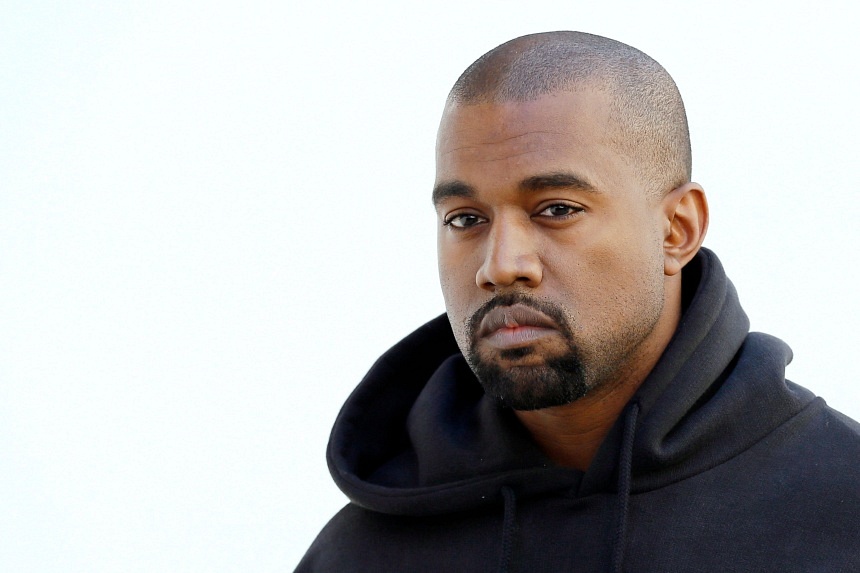
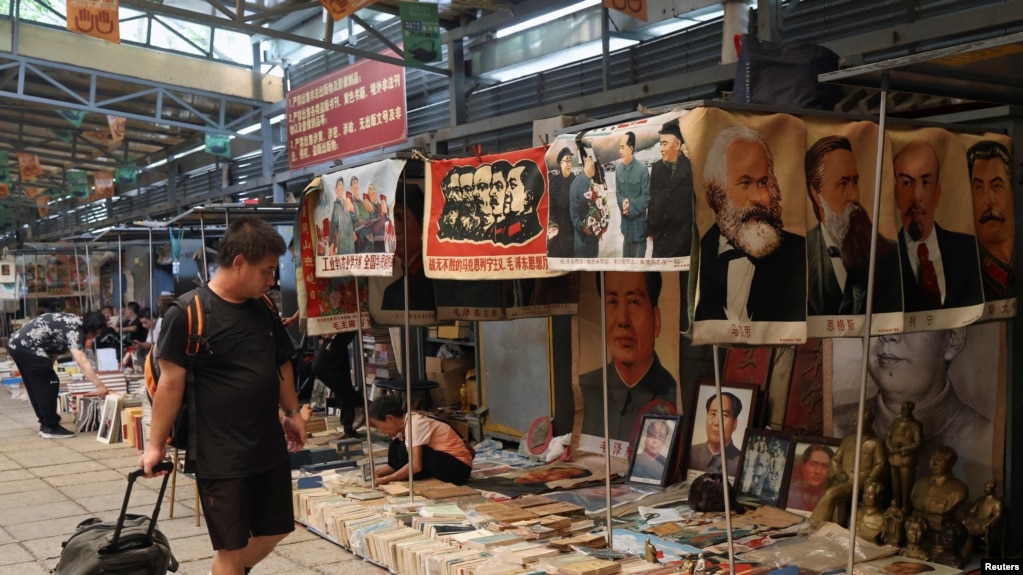
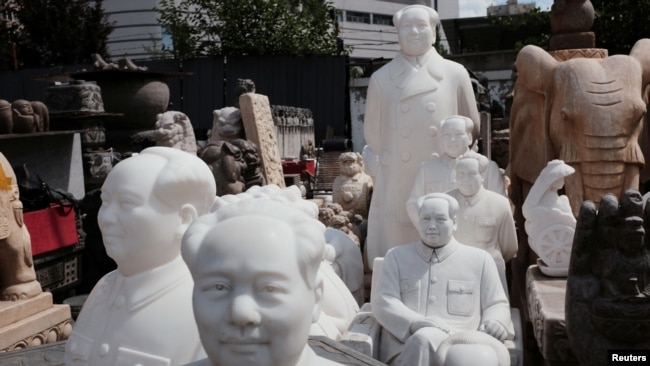
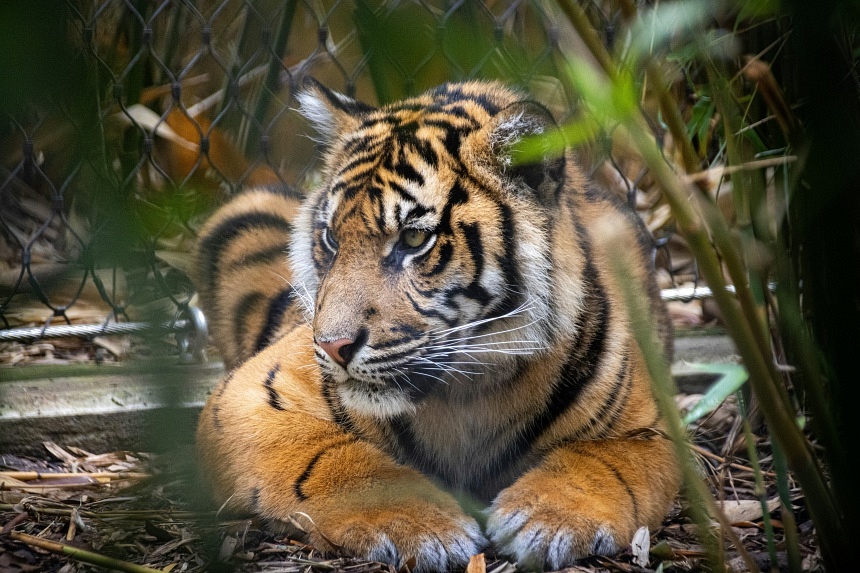


 Image:Sir Ed Davey arrived at the Lib Dem conference in Brighton on a jet ski. Pic: PA
Image:Sir Ed Davey arrived at the Lib Dem conference in Brighton on a jet ski. Pic: PA


